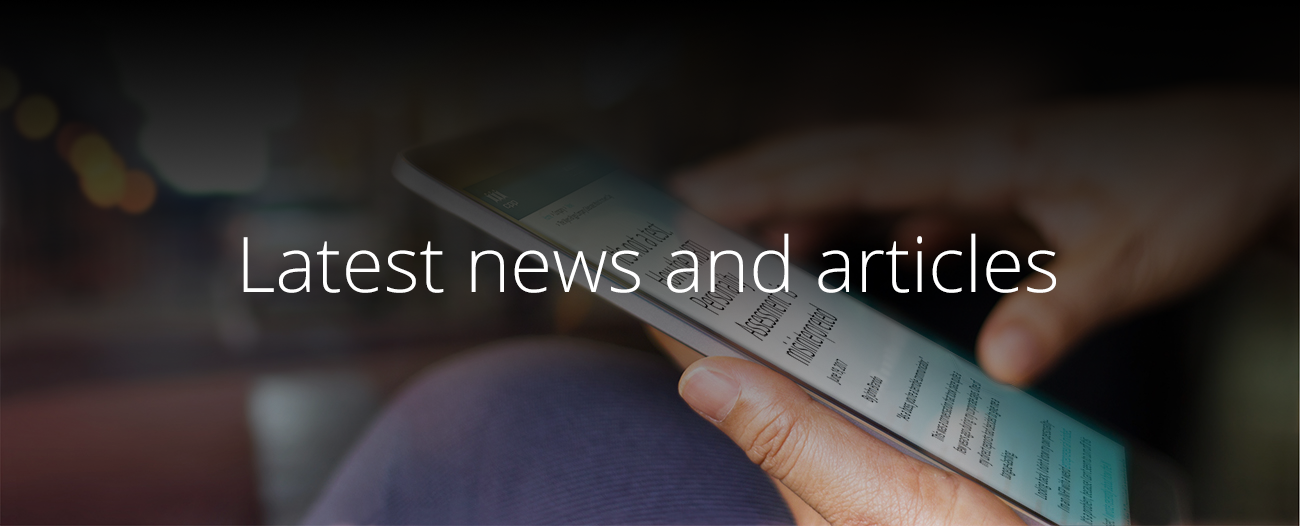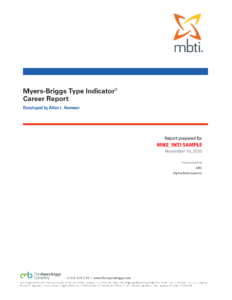
Company news and published articles in global media outlets.
Latest News & Articles
COVID Report: Anger Rising, Economy Tops List of Concerns
The Myers-Briggs Company Finds Senior Staff, Younger Workers and Remote Workers Harbor More Negative Views
Thanks to COVID-19 many have lost jobs, and those who remain are experiencing additional personal and work pressures. The Myers-Briggs Company today released results of a survey titled The Covid-19 Crisis: Personality and Perception that sheds light on how people are coping. It provides a unique look at how stress, anxiety and concerns are influenced by personality type.
The economy emerged as the top concern, with 81% ‘somewhat’ or ‘very’ concerned about going into a recession. However, responses also suggest that worries about the pandemic may be more negative than day-to-day experience. The study found that:
- Women, remote workers, and those with a Myers-Briggs Type Indicator®(MBTI®) Feeling preference were significantly more likely to feel survivor’s guilt at their job.
- Those with MBTI type ENFJ, INFJ, INFP, and ISFJ were most likely to feel survivor’s guilt when others had lost their jobs.
- Younger workers tended to see the situation more negatively.
- Senior staff expressed higher levels of stress and greater concerns about COVID-19.
- The level of anger may be increasing over time. Those who completed the survey more recently were more frustrated or angry than earlier respondents.
Remote workers saw their situation more positively than non-remote workers
For remote workers, the most endorsed statements included “I enjoy having the flexibility to work when I want” and “I enjoy working from home”. By contrast, non-remote workers agreed most with statements like “I’m worried about my friends and family” and “I’m worried about my co-workers.”
MBTI Personality Type: Feeling, Sensing types have more negative views
Those with a Feeling preference tended to have more negative views than those with a Thinking preference, reporting:
- Significantly more concern about motivation, stress, productivity while working remotely, managing conflict, and their relationship with their spouse or partner.
- Significantly less positivity about working from home, seeing themselves as more stressed, less motivated and engaged, and less enthusiastic about virtual apps
- More difficulty remaining focused, and more concern about becoming too isolated
Those with preferences for Sensing were generally less enthusiastic about working from home, and significantly more concerned about managing motivation, having children at home for an extended period, and managing stress.
For the full report, visit here.
Important Changes to MBTI® Career Report
As part of The Myers-Briggs Company’s commitment to providing our customers with the highest-quality resources, we’re updating the following products to make them more robust and relevant:
| Product | Old product code(s) | New product code(s) | Release date |
| MBTI® Career Report
|
262153 | No change | 17 December 2020 |
| Introduction to Type® and Careers  |
Booklet: 6902 Digital: 6902-PDF |
Booklet: 6903 Digital: 6903-PDF |
17 December 2020 |
Both products have been revised and updated using a new data sample of over 1.3 million working adults, reflecting the latest O*NET™ job families and occupations. This will provide more insightful, up-to-date job family rankings and most popular/least popular occupations lists for all 16 MBTI types. We’ve also made some design and usability improvements and updated some of the language we use to help make MBTI type theory easier to understand and apply.
For more information on the upcoming changes, please see our FAQ

